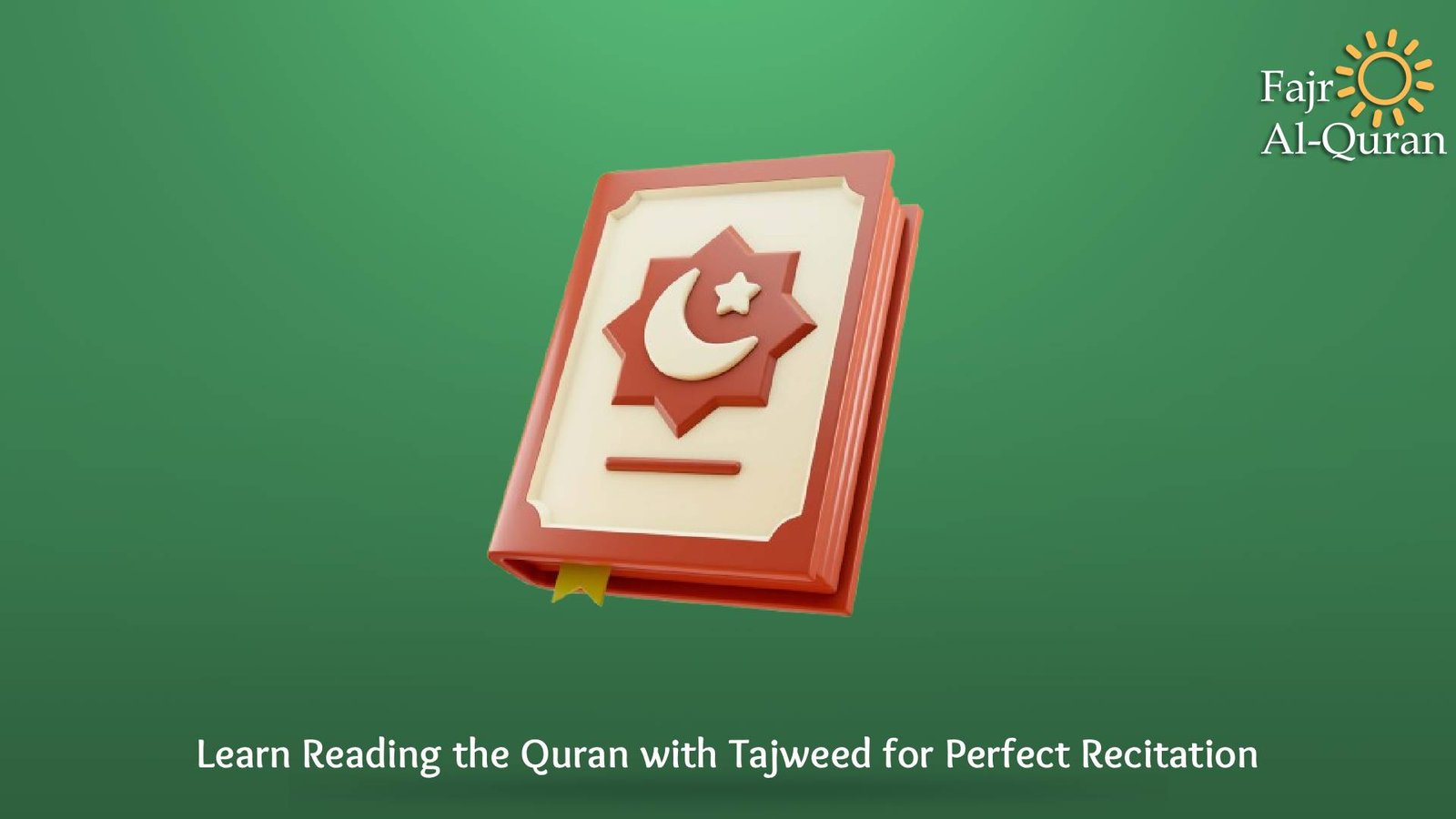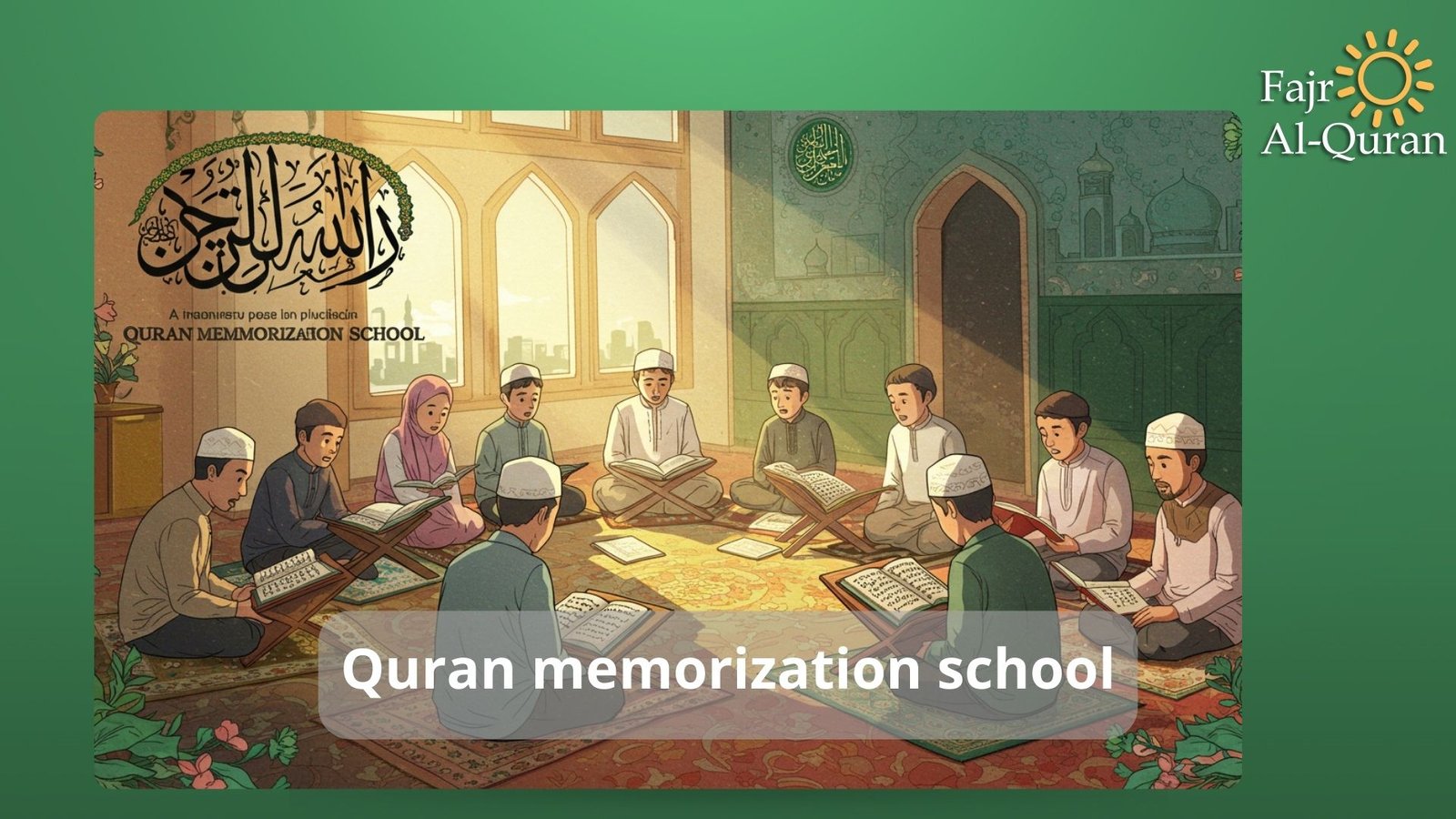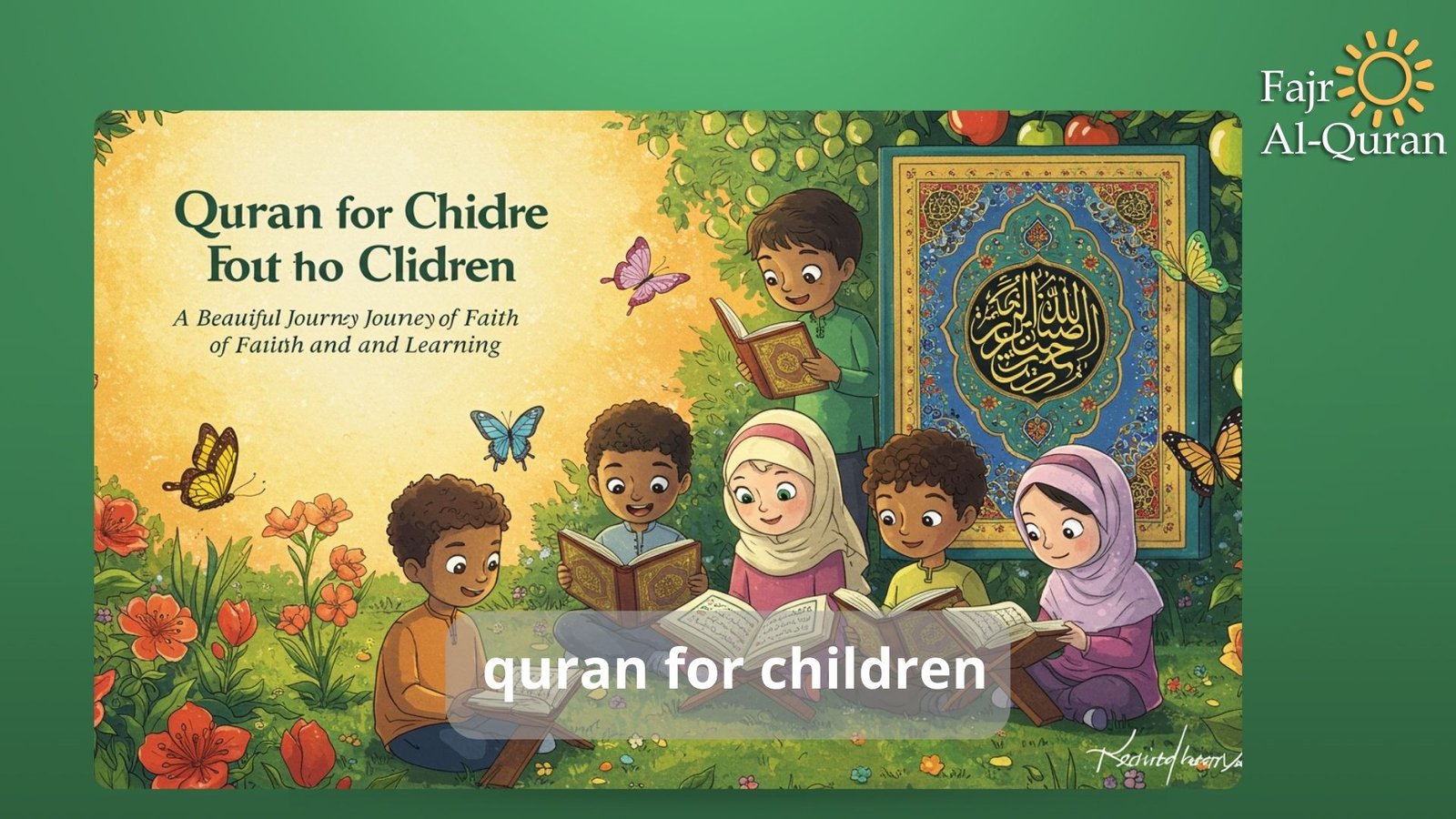Discover the importance of reading the Quran with Tajweed. Learn proper pronunciation, rules, and techniques to recite the Holy Quran beautifully and correctly. The importance of reading the Quran with Tajweed is underscored by numerous narrations from the Prophet Muhammad (peace be upon him). These Hadith highlight the virtue of reciting the Quran beautifully and according to its established rules.
One well-known Hadith states: “Allah loves that the Quran should be recited as it has been revealed.” This emphasizes the divine pleasure in hearing the Quran recited in the manner in which it descended upon the Prophet (peace be upon him), which inherently includes the principles of Tajweed.
Furthermore, the Prophet (peace be upon him) said, “The one who is skilled in the Quran will be with the noble righteous scribes (in Heaven).” This Hadith not only speaks of the high status of those proficient in Quran recitation but also implicitly encourages striving for excellence in its reading, which is achieved through the application of Tajweed rules.
Another significant Hadith mentions the beauty of the voice in reciting the Quran: “Adorn the Quran with your voices.” This adornment is not just about having a melodious voice but also about beautifying the recitation through the correct application of Tajweed, ensuring each letter is given its due right. These Hadith about reading the Quran with Tajweed serve as powerful motivators for every Muslim to learn and implement these essential rules in their recitation.

Unlocking the Beauty and Precision: Benefits of Reading the Quran with Tajweed
The benefits of reading the Quran with Tajweed extend beyond simply fulfilling a religious obligation. They encompass a profound enhancement of one’s spiritual connection, a deeper understanding of the divine message, and an appreciation for the linguistic miracle of the Quran.
Firstly, reading the Quran with Tajweed ensures the correct pronunciation of each Arabic letter from its specific articulation point (Makhraj) and with its inherent characteristics (Sifat). This precision is crucial because even a slight alteration in pronunciation can change the meaning of a word. By adhering to Tajweed rules, reciters safeguard the integrity of the divine text, ensuring that they are conveying Allah’s intended message accurately. This dedication to precision is a fundamental benefit of reading the Quran with Tajweed.
Secondly, reading the Quran with Tajweed introduces a melodious flow and rhythm to the recitation, making it more beautiful and impactful. The rules of prolongation (Madd), pauses (Waqf), and linking (Wasl) contribute to the aesthetic appeal of the recitation, allowing the listener (and the reciter themselves) to be more deeply moved by the verses. This beauty is not just for auditory pleasure but serves to engage the heart and facilitate reflection. Experiencing the Quran recited with proper Tajweed is a powerful benefit that enhances spiritual immersion.
Thirdly, understanding and applying Tajweed rules fosters a deeper appreciation for the intricate structure and linguistic artistry of the Quran. The rules are not arbitrary; they are based on the phonetics and morphology of the Arabic language, revealing the interconnectedness of the words and verses. As one learns how to read the Quran correctly by mastering Tajweed, they gain a more profound understanding of why certain rules apply in specific contexts, leading to a greater intellectual and spiritual engagement with the text. This intellectual appreciation is a significant benefit.
Finally, striving to recite with Tajweed cultivates focus, discipline, and humility. The effort required to master these rules necessitates concentration and a sincere desire to please Allah by reciting His words in the best possible manner. This dedication fosters spiritual growth and strengthens one’s connection to the divine. The development of these virtuous qualities is an invaluable benefit of reading the Quran with Tajweed.

Embarking on the Journey: Learning to Read the Quran with Tajweed at Fajr Al-Quran Academy
At the best Online Quran Academy, Fajr Al-Quran Academy, we understand the profound importance of Quran reading with Tajweed and are committed to providing a comprehensive and accessible learning experience for students of all levels. Based in Egypt, the heartland of Quranic scholarship, our academy draws upon a rich tradition of excellence in teaching Quranic sciences. Our expert instructors, many of whom hold Ijaza (certification in Quran recitation), are dedicated to guiding you on your journey to mastering the art of Tajweed.
Our Quran courses online are meticulously designed to cater to individual needs and learning paces. Whether you are a complete beginner taking your first steps in reading the Quran correctly or an advanced student seeking to refine your recitation, our structured curriculum provides a clear and effective pathway to achieving your goals. We begin with the foundational principles of Tajweed, including the articulation points and characteristics of each letter. Through interactive lessons, practical exercises, and personalized feedback, our instructors ensure that you develop a strong understanding of these fundamental rules.
Online Quran classes to Reading the Quran with Tajweed
You can find many online platforms, such as Fajr Al-Quran Academy, offering online courses to learn the Quran online with Tajweed for all ages and skill levels. Reading the Quran with Tajweed courses typically provides qualified tutors, a structured curriculum starting from basic pronunciation with Noorani Qaida to advanced rules, and flexible scheduling to fit your needs. Learning to read the Quran with Tajweed for beginners involves finding a reputable online platform or teacher.
Look for online Quran courses specifically designed for beginners that cover reading the Quran with Tajweed, the basics of Tajweed rules, and pronunciation. Ensure the platform offers interactive lessons, practice exercises, and possibly feedback from instructors for Reading the Quran with Tajweed. Consider your learning style and schedule when choosing a program, as some offer live classes, while others provide pre-recorded lessons. Look for platforms that provide a structured curriculum for reading the Quran with Tajweed and resources like practice sheets, audio recordings, and quizzes to reinforce learning.
Reading the Quran with Tajweed involves adhering to specific rules of pronunciation, articulation, and intonation to recite the Quran accurately. This method ensures that each letter, word, and verse is pronounced correctly, preserving the original meaning and beauty of the text. Mastering Tajweed requires understanding the Makhraj (points of articulation) of each letter, the Sifaat (characteristics) of each letter, and the rules governing various aspects of recitation, such as the lengthening of vowels (Madd) and the merging of sounds (Idgham). Practicing with a qualified teacher is highly recommended to ensure correct pronunciation and application of Tajweed rules, enhancing the spiritual experience and connection with the Quran.
Quran courses to learn to read the Quran with Tajweed
As you progress, our Quran reading with Tajweed courses delve into the more intricate aspects of recitation, such as the rules of prolongation, pauses, and linking. We emphasize practical application, providing ample opportunities for you to recite and receive guidance on your technique. Our goal is not just to teach you the rules intellectually but to train your tongue to apply them fluently and naturally. We believe that consistent practice under the guidance of experienced teachers is key to mastering Tajweed and achieving a beautiful and accurate recitation.
For those seeking the convenience of quran courses online, Easy Tajweed Academy offers a flexible and engaging learning environment. Our virtual classrooms provide a space for interactive lessons, where you can ask questions, receive immediate feedback, and connect with instructors who are passionate about sharing their knowledge. We utilize modern teaching methodologies to make the learning process effective and enjoyable, ensuring that you remain motivated and engaged throughout your Tajweed journey.

Cultivating a Lifelong Connection: Reading the Quran with Tajweed
Mastering reading the Quran with Tajweed is not a destination but an ongoing journey of refinement and spiritual growth. The more you recite the Quran with attention to its rules and beauty, the deeper your connection with the divine word will become. This dedication to excellence in recitation is a testament to your love for Allah and your reverence for His sacred book.
By investing your time and effort in learning how to read the Quran correctly with Tajweed, you are enhancing your personal worship and contributing to preserving the Quran’s authentic recitation for generations to come. You become a link in the chain that has carried this divine message through the centuries. The ability to recite the Quran beautifully and accurately is a precious gift that will enrich your life in countless ways, bringing you closer to Allah and elevating your spiritual standing.
At Fajr Al-Quran Academy, we are honored to be a part of your journey towards mastering reading the Quran with Tajweed. We invite you to explore our quran courses online and take the first step towards unlocking the full beauty and profound meaning of the Holy Quran through its proper recitation. Join our community of dedicated learners and experience the transformative power of reciting Allah’s words as they were meant to be heard.





















